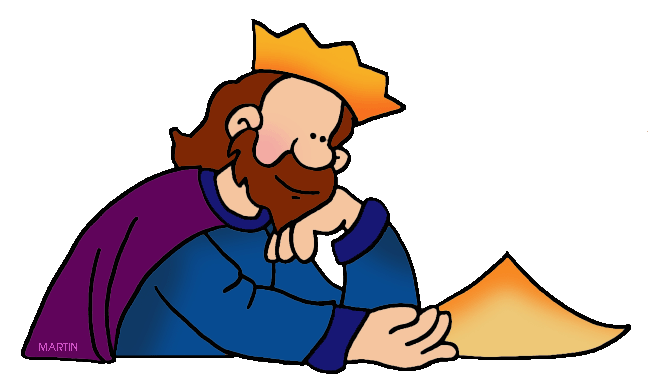
Comparison of Two Documents
Magna Carta 1215
American Declaration of Independence 1776
| Principle |
The Magna Carta (1215) |
American Declaration of Independence (1776) |
| Balance of Power | The king is the leader of the nation, but his vassals have the right to limit his power if used unfairly, and have the right of representation. |
The king had demanded that some of his subjects give up their right of representation , and has said the people have no right to limit his power. |
| Taxation | The king cannot levy any extra taxes without the common consent of the people. |
The king had imposed taxes on colonists without their consent. |
| Trial by Jury | A jury of his peers will decide the innocence or guilt of a citizen. |
The king had refused the benefits of trail by jury for many colonial citizens. |
| Private Property | The king cannot take what does not belong to him without their owners consent. |
The king has "plundered our seas, ravaged our coasts, burned our towns, and destroyed the lives of our people." |
| Rule of Law | All citizens including the king must obey the law. If the king breaks the law, his vassals can remove him from the throne and seize his worldly goods. |
King George III has broken the laws and refused the rights of colonists. The people therefore throw off his government of tyranny as established under the rule of law. |
